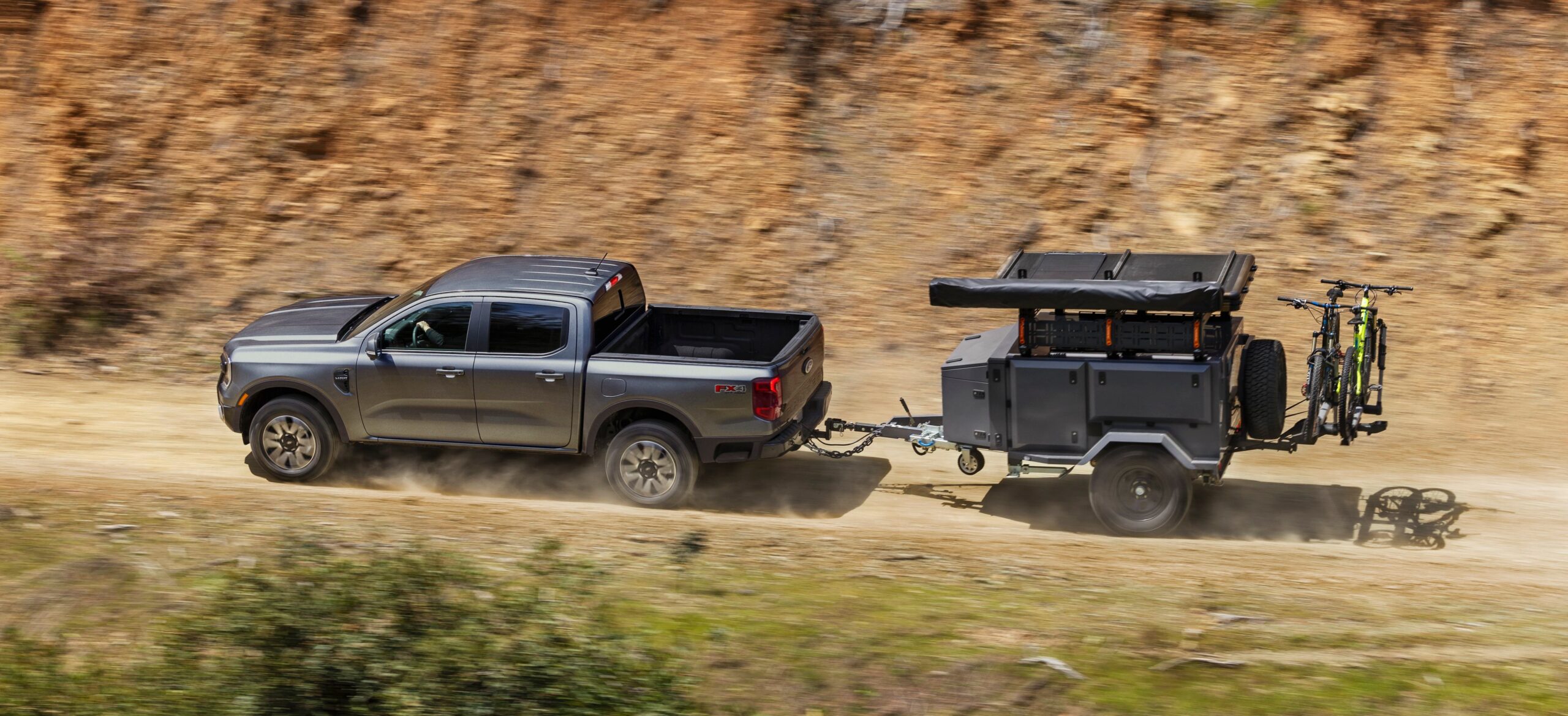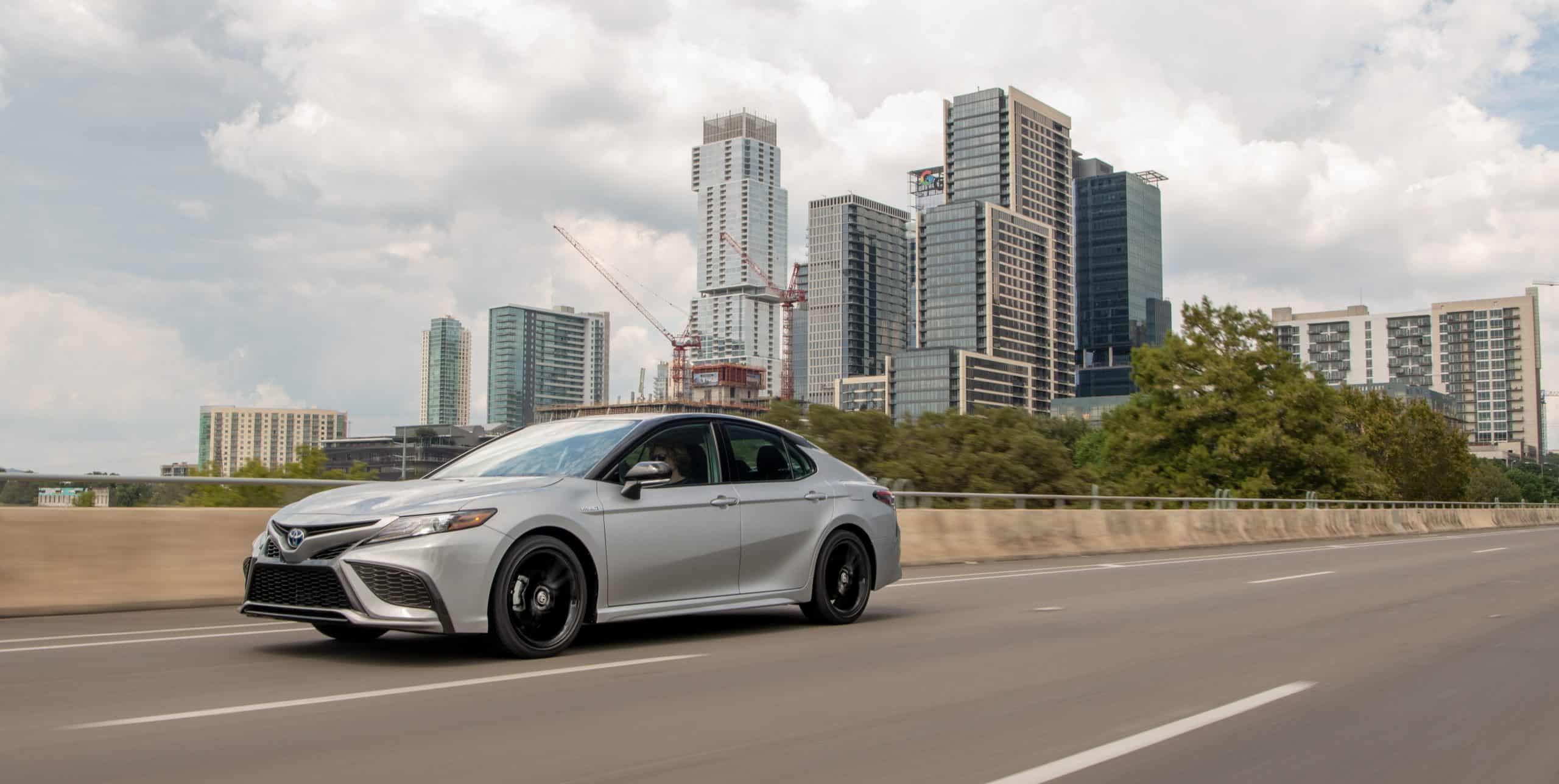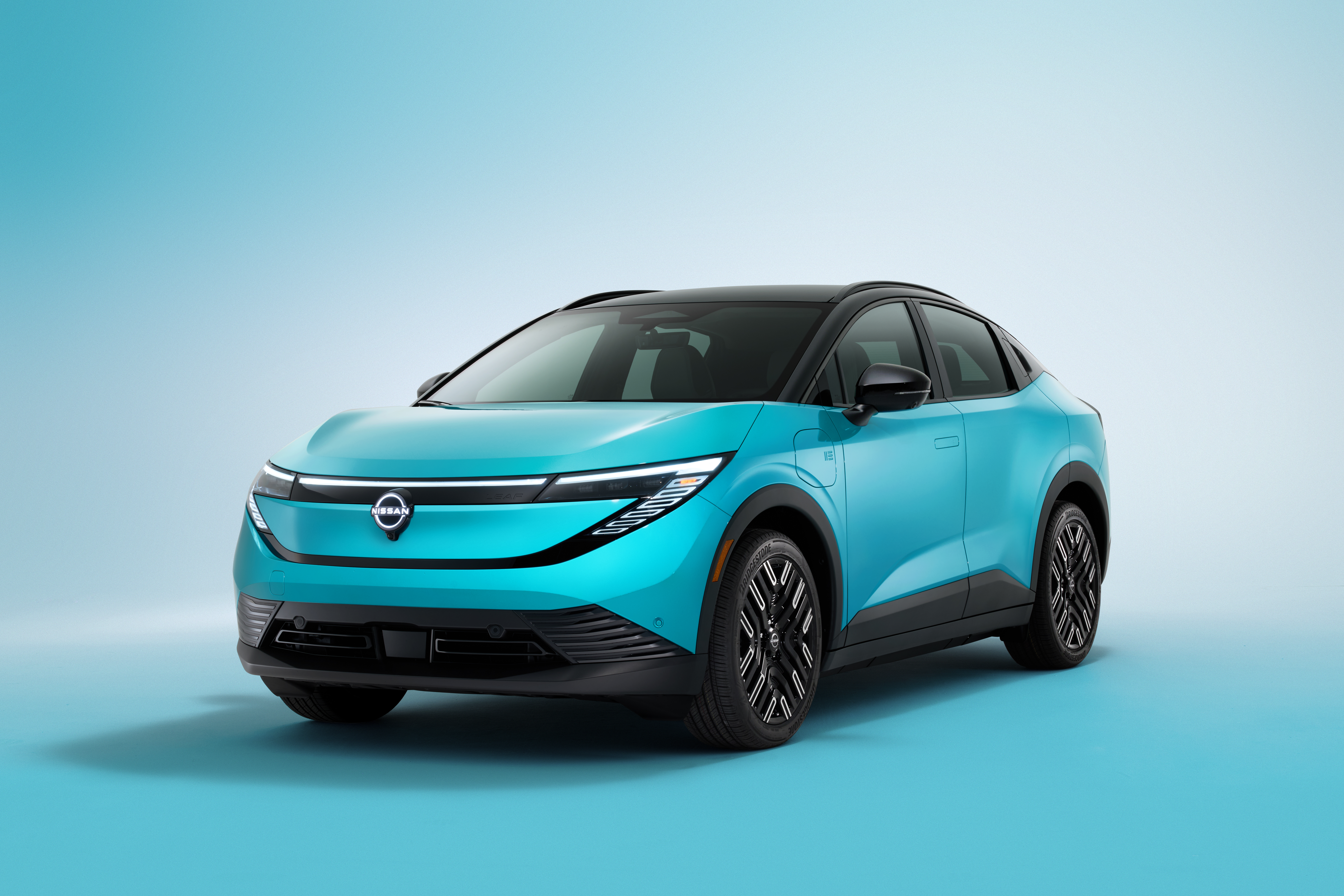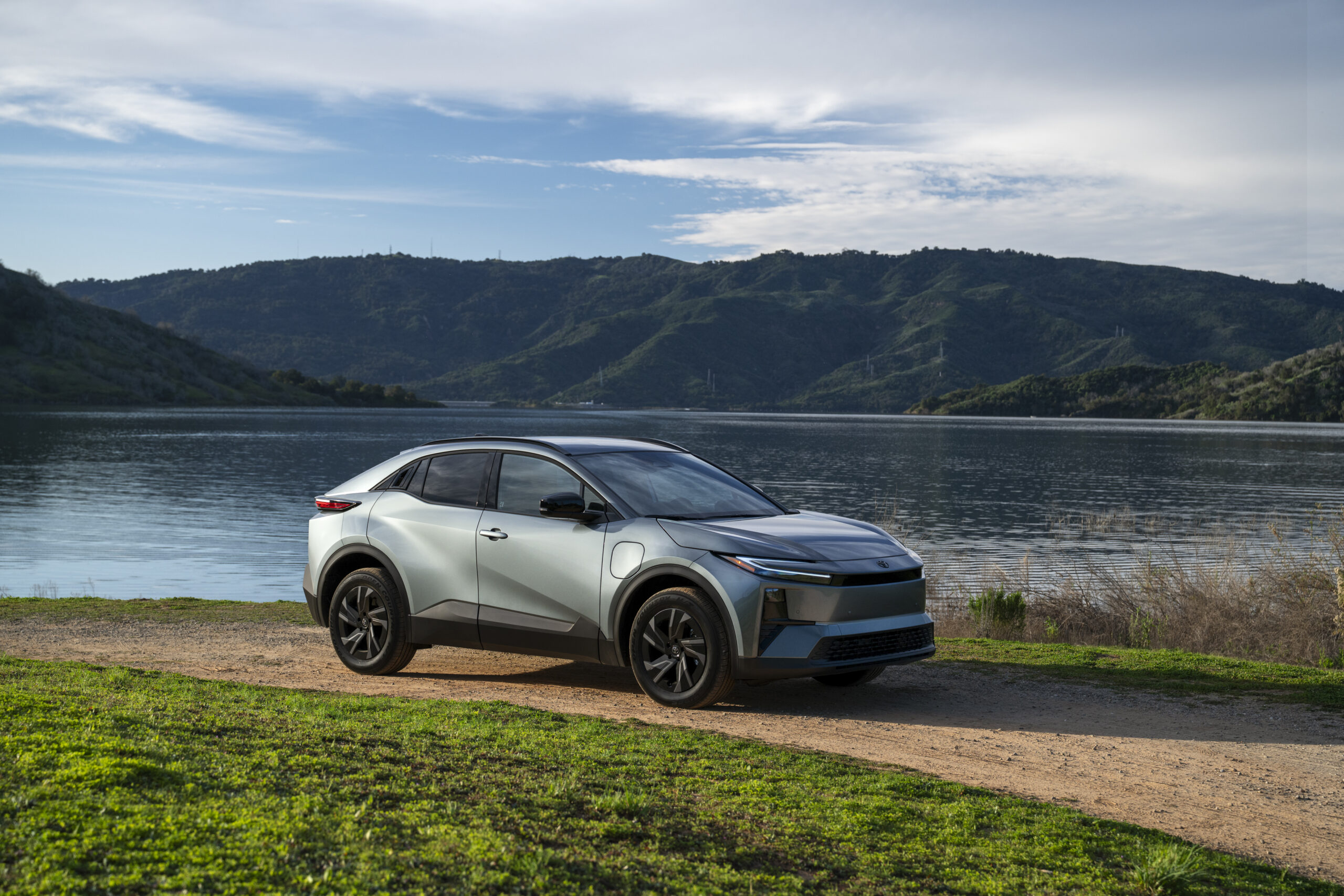

We’re in an era where electrification is becoming more widespread in the automotive industry. Consumers are demanding more electrified vehicles, too, and automakers are responding with more hybrids and battery-electric models across all segments. Now, you may be wondering which electrified vehicle is right for you. That’s where we come in to answer your burning questions about electrified vehicles of all types. Part 1 will cover the most common electrified vehicle: the hybrid.
What is a hybrid electric vehicle?
A hybrid electric vehicle (HEV) sometimes called a hybrid is a car that uses a powertrain the combines an internal combustion engine with an electric motor and a battery. In certain situations, only one or the other will power the vehicle. However, in instances where you need full power, both the engine and electric motor work together for propulsion.
Who makes hybrid vehicles?
Virtually every manufacturer makes a hybrid vehicle. The most prominent one being Toyota who has eight of them in its lineup and a further six in its luxury arm, Lexus.
Are all hybrids focused on improving efficiency?
Yes and no. Some hybrids like the Toyota Prius and Hyundai Ioniq are built to maximize efficiency. However, that’s not always the case because the Acura NSX and LC 500h are tuned for going fast. In most instances, hybrids provide a nice balance of both, especially in the latest offerings from Toyota, Honda, Hyundai, Kia, Ford, and others.
Can I drive a hybrid in EV mode?
Yes and no. A conventional hybrid, one that you don’t plug in, can operate exclusively in EV mode for very short distances or when coasting. So no, you can’t kill your fuel tank and expect to still be able to go anywhere far because the car still needs the engine to operate. A plug-in hybrid or PHEV, on the other hand, is a different story and we’ll cover it exclusively in part 2.
Do you need to charge a hybrid?
A conventional doesn’t require charging because the internal combustion engine does that. Regenerative braking also helps recharge the battery when you’re slowing down, coasting, or going downhill.
How big are the batteries used by hybrid vehicles?
In most cases, a hybrid uses a small battery roughly 2.0 kWh or less. They’re usually lithium-ion or nickel-metal-hydride units mounted under the rear seats or the passenger cabin depending on the vehicle. That helps preserve interior space and cargo capacity.
Why do some hybrids have higher city fuel economy ratings in the EPA cycle?
The reason for this is that hybrids tend to operate in EV mode at city speeds. When the battery charge gets low, the engine acts as a generator until it’s called on for propulsion where it does double duty.
Are hybrids reliable?
Hybrids have more components than the average vehicle powered exclusively by an internal combustion engine. However, as Toyota has proven, you can make something with additional complexity last long. In fact, Toyota’s hybrids are likely more reliable because so much research and development have been dedicated to them. So yes, hybrids are reliable. Just make sure you maintain them properly.
Do all hybrids look weird?
No. Thankfully, that era appears to be ending because most hybrid vehicles no longer advertise that they’re eco-friendly. All you’ll find now are small badges or cues like blue highlights on the badge.
Are hybrids more expensive?
This was once the case with early hybrids. However, as battery costs drop, hybrid vehicle pricing does as well, leading to them being just slightly more than their internal combustion counterpart or costing the same. In some cases, the hybrid vehicle is more expensive because it starts at the mid-grade level, meaning they come with more equipment than the base model of the standard version.
Will a hybrid save me money?
This will depend on how much driving you do. If you spend a lot of time commuting or doing long-distance driving, you’ll likely save more especially if gas prices are high.
What body styles can I get a hybrid in?
Thanks to electrification becoming more widespread, you can get a hybrid vehicle in different shapes and sizes. You can get a car as small as a Toyota Corolla and Hyundai Elantra in hybrid form. Larger sedans like the Hyundai Sonata, Toyota Camry and Avalon, Lexus ES, and Honda Accord are also available with hybrid powertrains. Among crossovers, you can get everything from your typical compact model like a Toyota RAV4 to a three-row vehicle like the Kia Sorento, Ford Explorer, and Toyota Sienna as a hybrid. So yeah, there’s something for everyone.



